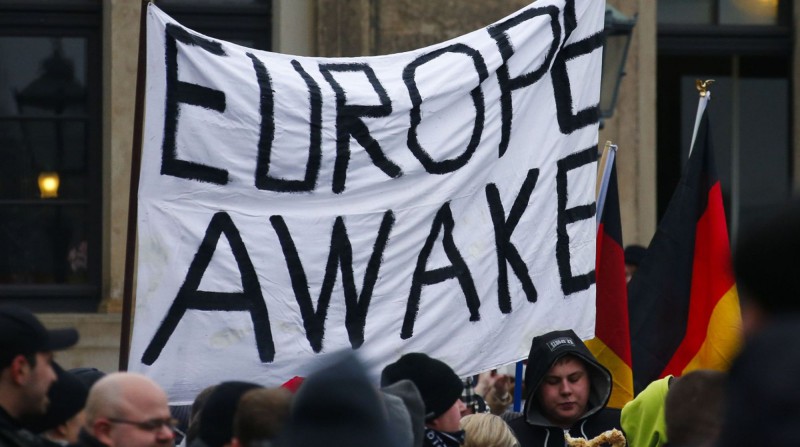In recent years, Europe has found itself grappling with a range of challenges stemming from its migration policies. As debates continue over how to address these issues, concerns about safety have taken center stage. Critics argue that Europe’s approach to migration has not only led to increased crime rates but has also contributed to cultural shifts and concerns about Islamization.
There are concerns about the Islamization of Europe, particularly in countries with large Muslim migrant populations. Experts argue that the growing presence of Islam in Europe poses a threat to traditional European values and way of life. There have been debates over issues such as the wearing of religious attire, the construction of mosques, and the integration of Muslim communities into European society.
The United Arab Emirates Ambassador to Germany, Ahmed Alattar, has condemned a recent Islamist demonstration in Hamburg, labeling it as “unacceptable.” The demonstration, which saw over a thousand anti-German Muslims gather, called for the introduction of Sharia law and an Islamic state, among other demands.
Organized by groups closely associated with the “confirmed extremist movement” known as ‘Muslim Interaktiv,’ the demonstration featured slogans labeling Germany as a “dictatorship of values” along with chants of “Allahu Akbar!” (God is great). Particularly concerning was the display of a placard advocating for a “caliphate” solution.
Expressing his dismay on the social media platform X, Ambassador Alattar stated that he found it “unbelievable, unacceptable, and incomprehensible” that individuals who have “found a home in Germany are turning against Germany.” However, he noted that such behavior is “typical of political Islamists.”
The ambassador’s criticism aligns with the concerns raised by the Emirati Minister of Foreign Affairs, Abdullah bin Zayed Al Nahyan, in 2017. Al Nahyan identified Europe’s problem with Islamism as stemming from leaders’ indecisiveness, political correctness, and overconfidence in their understanding of Islam.
In contrast to Ambassador Alattar’s strong stance, Germany’s left-activist interior minister offered a relatively tepid response, describing the demonstration as “difficult to bear” without addressing its extremist and anti-democratic nature. This response has drawn criticism from Germany’s right-of-center opposition parties, with calls for the minister’s resignation.
Hans-Georg Maaßen, chairman of the Values Union, criticized the interior minister for neglecting to address an “attack on the free democratic basic order” and failing to protect Germany from “enemies of the constitution.” Similarly, the Alternative for Germany (AfD) and the CDU called for the minister’s immediate resignation, citing her failure to recognize the dangers posed by radical Islamic movements.
UAE’s ambassador’s warning underscores the grave dangers posed by political Islam to Western societies. This is not the first time high-ranking diplomats from the UAE have raised concerns about the threat of political Islam, highlighting the importance of addressing extremist ideologies in Europe.
In addition to this, some argue that the influx of migrants from different cultural backgrounds has led to tensions and conflicts within society. There are fears that Europe is losing its cultural identity as a result of increased multiculturalism.
Europe’s migration policies have become a contentious issue, with debates raging over how best to address the challenges posed by migration. As policymakers grapple with these complex issues, the safety and security of European citizens remain a top priority.








